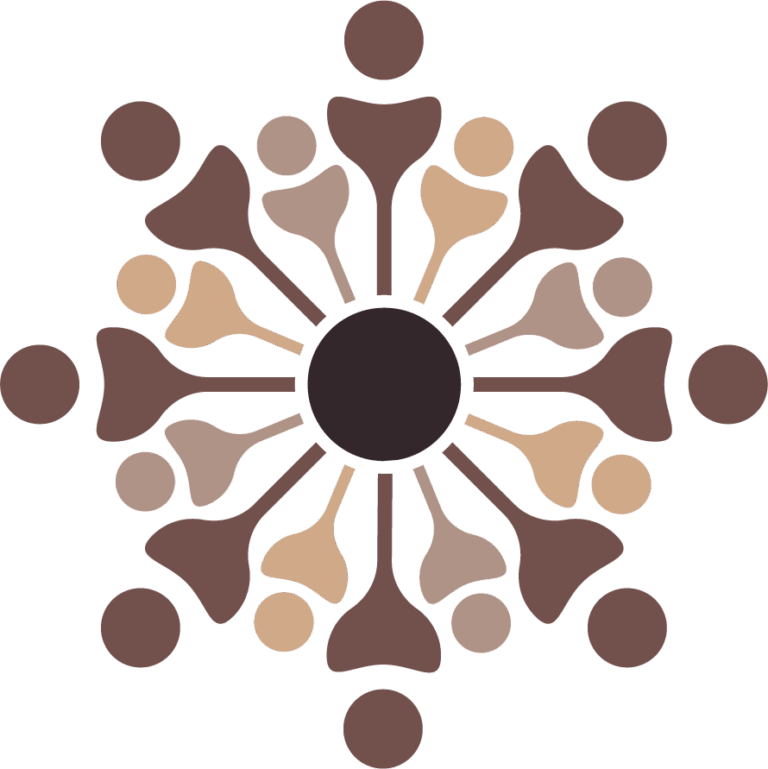Resources
Filter
Your selections
Resource

August 22, 2024
AMCHP Innovation Hub is an online platform that provides maternal and child health (MCH) professionals and advocates with resources and tools to explore, build, and share effective work grounded in evidence that contributes to improving the health and well-being of MCH populations and their communities. It is home to the MCH Innovations Database, a searchable...
Resource

August 2, 2024
Since 2020, the University of Illinois Health System (UI Health) has successfully implemented Two-Generation care clinics on the west and south sides of Chicago. This innovative care model combines dyadic care with behavioral health support and aid for social needs for postpartum families up to two years after birth. This model, known as UI
Health Two-Gen, has...
Resource

July 17, 2024
Issue: Mental health disorders among pregnant and postpartum women are on the rise, yet many women do not seek or receive treatment due to numerous barriers. Those receiving care often get an inconsistent message about preventative measures or whether to continue psychiatric medications during pregnancy. Untreated mental illness among mothers can have profound consequences for...
Resource

July 17, 2024
In the U.S., over 60% of incarcerated pregnant people are in custody for non-violent drug offenses. Only 7 states had statutes related to treatment of substance use disorders in pregnant incarcerated populations despite the evidence that many incarcerated pregnant people struggle with substance use. (2023)
Resource

June 27, 2024
Last Updated September 2023 Some states first established maternal mortality review committees (MMRCs) to investigate deaths related to pregnancy in the early 20th century, when rates were the highest on record. These jurisdictions reviewed deaths in an effort to understand why many women died in childbirth and to respond to poor medical practices and inadequate care...
Resource

June 24, 2024
Reproductive health care for incarcerated individuals should be provided in accordance with the same guidelines and recommendations as for those who are not incarcerated, with attention to the increased risk of infectious diseases and mental health conditions common to incarcerated populations. Ensuring that incarcerated individuals receive respectful, consistent, high-quality reproductive health, pregnancy, and postpartum care...
Resource

June 13, 2024
Maternal mortality rates continue to increase in the United States, with significant racial, ethnic, and socioeconomic disparities in birth outcomes. States are using a variety of approaches to provide doula services within their Medicaid programs to address inequities. Doulas provide continuous physical, emotional, and information support to people before, during, and shortly after childbirth. Current evidence suggests that pregnant...
Resource

June 6, 2024
In 2023, recognizing that in the U.S., responsibility for healthcare systems and health outcomes largely fall to the states, the Policy Center introduced the inaugural maternal mental health reports to identify key data sets and track results by state. The 2024 report cards highlight progress and remaining areas of opportunity. In 2024, the overall national...
Resource

May 28, 2024
In the past 40 years, the number of women in prisons and jails in the United States has skyrocketed. Between 1980 and 2021, the percentage of incarcerated women increased by more than 525 percent, outpacing rates of incarcerated men during this time period. The most recent data from the Bureau of Justice Statistics shows yet another increase, with...
Resource

May 2, 2024
You can use the Maternal and Infant Health Mapping Tool to find county-level information on maternal and infant health. You can create and customize maps for your needs. This webpage contains both written instructions and video tutorials.
